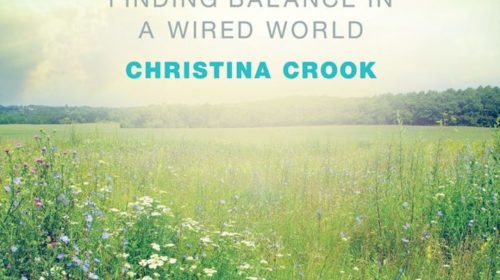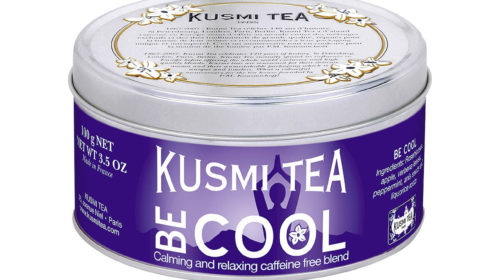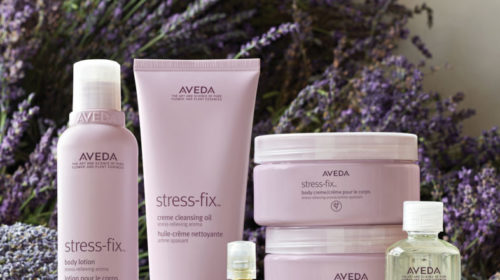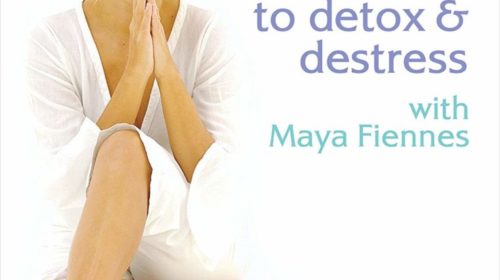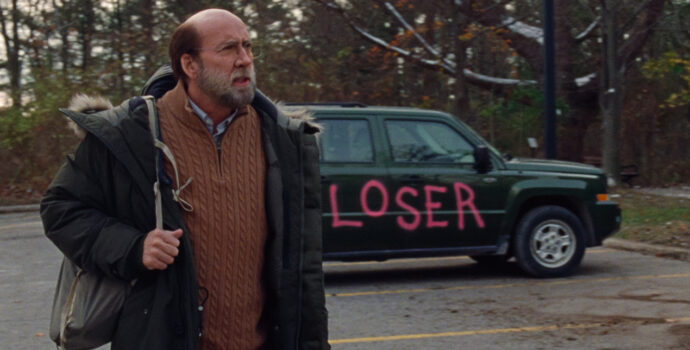5 things I’ve learned after taking a long break from social media
Facebook, Twitter, Instagram: we use them every day for work or to keep in touch with our friends. Social media platforms are fun and useful but, in our new hyperconnected society, it’s easy to experience different forms of digital addiction.
For me, everything started with Facebook: I created my profile in February 2009, I was 27 and I thought I knew anything about it. It took some time to understand it but, before my eyes, I found myself sharing almost everything about my life: from my political views to my favorite movies. Soon I started confronting friends and acquaintances on everything. And it’s not over.
Facebook had the worst impact on my self-esteem and my relationships: seeing pictures showing my friends doing the best things and having the best lives, suddenly made me feel a total failure; every time I was dating a man, I couldn’t help up but spying their social media profile looking for validation to my insecurities. Lies were always around the corner and I realized that using social media meant also to uncover hypocrisy in less time that I did before.
In short, Facebook slowly started sucking the life out of me. One day of four years ago, I woke up in the morning and I deactivated my account: the first feeling I had was a sense of emptiness and the first weeks without checking my profile were really hard, but slowly I started feeling… free.
I also had an active Twitter account but I was not really into it at the time, so I used it once in a while without receiving any delight from it.
During that hiatus I had the chance to think and to understand what was wrong with my approach to social media. I left Facebook for 2 years (from 2015 to 2017) and this is a short list of the things I’ve learned from my digital detox experience.

- TAKE A BREAK
You don’t know you need a break until you really take a break: choose a platform you’re overusing and leave it for a while (one week, one month, one year). Deactivate your account, uninstall the mobile app on your phone and see what happens. If you can get through the first days/weeks you’ll be on your way to reach an important goal: putting people and situations into perspective. You’ll be able to identify friends and acquaintances, people who interact with you only through social media and those who never do, no matter the tool they use.
- SOCIAL MEDIA IS NOT THE ENEMY
I always knew that my break from social media would be temporary. As soon as I experienced the advantages, I also realized there was something wrong in leaving: I have friends and dear ones living abroad and being offline meant building a virtual wall between us. Yes, I could text and make phone calls (and I still do), but social media platforms make everything easier. Also, at the time, I wanted to open a website and it was impossible to think about an online project without a minimum social media involvement. So don’t blame Facebook or Instagram for your toxic behavior: you are your own enemy.

- PEOPLE WILL MOVE ON WITH THEIR LIVES (EVEN IF YOU’RE NOT THERE)
Sometimes blocking people is not enough so, If you’re leaving Facebook or Instagram because you’ve just found out that your best friend has just sold the scarf you gave them for Christmas or because you’ve just got evidence that your partner cheats on you and you hope they’re going to miss you, you’re doing it wrong: people will miss your public persona for a while, but they will move on with their lives even if you’re not on social media. Those who really care about you will find other ways to reach out to you.
- RECONNECT WITH THE REAL WORLD
It’s not easy to recognize an addiction, but you can start to reconnect with the real world: every time you feel like you need to open your Instagram profile, read a book, meet your friends, go out for a walk. In the gallery below, you’ll find some extra tools/treats to help you focus on your real life. If you can’t enjoy your everyday activities, there’s a chance you’re dealing with a serious addiction and you should look for professional help.
- SHARE WISELY
If you’re planning to reactivate your social media accounts, learn to share wisely. I believe in the importance of sharing, but experience taught me that we have to keep something personal, something special to tell people when we’re out for a dinner or on vacation. Remember: when there’s nothing more to share, relationships end.


